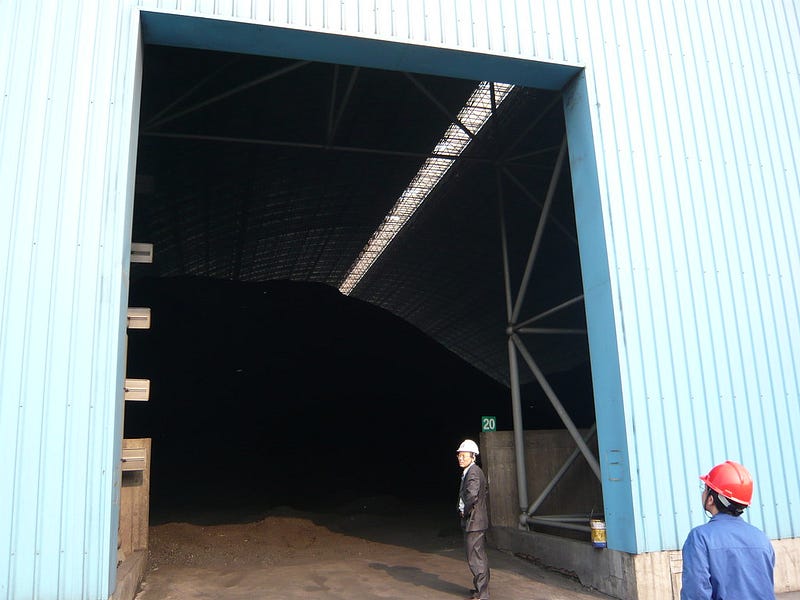I do think his message can have has traction. 22 states are controlled by republican majorities.
To think this topic isn’t been assessed and addressed at the highest levels would be ignorant.
no matter what position you take, watch, listen to or read, there is one undisputed fact. China is currently in control of the of the refining processes for a HUGE majority of minerals. They have made financial investments for quite some time.
An African country spends 40% of its national budget on debt service to China. (Speaker didn’t disclose which one).
How might one balloon affect relations with China?
Not sure what you are getting at. But this is why the IRA and CHIPS act are set up the way they are. Not a moment too soon... the strategic issue on chip manufacturing in the US has been well known for 5-10 years. At least that's at the fed level. Are you saying that republican states won't allow new mining operations and battery factories to be built on their soil?
The dominance of China in many industries can be seen as evidence for some sneaky ulterior motive... but they have taken over a lot of jobs that were too dirty or messy for anyone else to want to do them.
Chinese aid and diplomacy has largely been about loans rather than grants. Now a lot of recipient countries have regrets, and it has turned into a PR fiasco. And western aid donors don't want their aid to be used just to bail out chinese loans... bc it looks like aid going to China. When the western powers made the same mistakes (and they did) they just forgave the loans... will the Chinese? Probably.
At the end of the day, China is not having a few good PR years here. And they know it.


 will be an insignificant blip in world wide consumption in my opinion.
will be an insignificant blip in world wide consumption in my opinion.![[Hearth.com] Are resources running out for a green power transition? [Hearth.com] Are resources running out for a green power transition?](https://www.hearth.com/talk/data/attachments/310/310066-714445d5d256c4a56ba1b4f135667ce5.jpg?hash=HKU56JRYsp)
![[Hearth.com] Are resources running out for a green power transition? [Hearth.com] Are resources running out for a green power transition?](https://www.hearth.com/talk/data/attachments/310/310067-7e9ec460973a133475151618e5c3f1da.jpg?hash=aV_d86pkv6)
